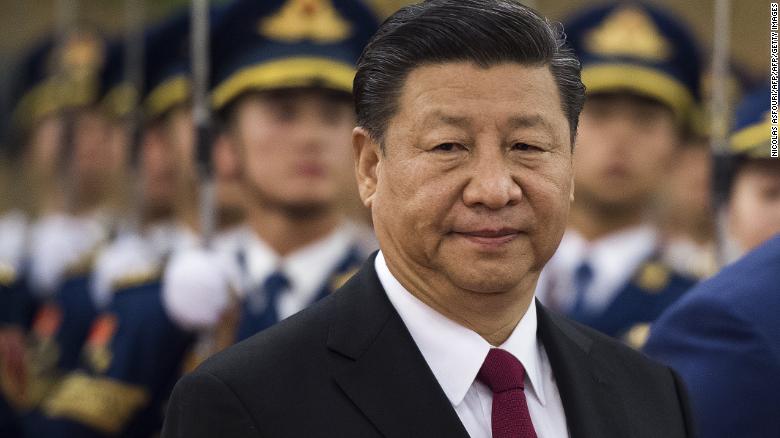
I saw an old picture of myself from Facebook.
You know the
ones. They pop up on your scroll and ask you if you want to share. Never-mind
that you already shared some years ago and friends commented. It was obviously
well received by them or FB wouldn’t suggest that you punish your friends and
family again. I say it was an “old” photo but what is “old” really? A friend
took the shot on a tour of the Shanghai bay while we rode around clicking
everything in sight from freighters stacked with shipping containers to far
away views of the city sky line. It wasn’t picturesque in the way that seeing the
Rocky Mountains is picturesque. Nor was it quaint and lovely like a bed and
breakfast in a New England town. It was smoggy and gross, even the weather
seemed to have it out for us that day. The sun never appeared. Of course if it
did we would have seen the oily barges floating by in glisteny detail. The sun
always makes the smog covered city a little worse. It brightens up corners but
mostly creates a soupy mess.

Here is the strange thing, I don’t mind gritty industrial landscapes
and soot covered equipment. Like most people I’d opt for a more relaxing trip
filled with beaches and sunshine or fishing spots in sparse cabins. For
vacations I always want beauty and presentation. We adore mountains and lakes
because of the natural wonder in God’s creation. Nothing says ‘awesome God’
like Yellowstone National Park or the Grand Canyon. China has a lot of gorgeous
lakes and mountains too. Why then would anyone see the beauty (if that’s the
word) in grimy industrial landscapes and busy ports? Here’s a hint, it’s in the
process.
I used to do this demonstration during my brief teaching adventure.
I held up a picture of an aerial view of New York City during the day with the
sun shining on the buildings and another black and white photo of an early
twentieth century textile factory floor. My idea was the beautiful city represented a positive development, prosperous and inviting; the black and white photo represented a negative development, ugly and shameful. A lot of the factory workers from the photo were kids
with no shoes working the looms, dirty faces and rough looks. I hoped to sort
the capitalists from the progressives, to get a feel for their notions about
human nature. I asked the kids in my classroom which
image best represented capitalism. No one understood what I was getting
at.
If no one gets your examples you’re doing
them wrong. Kids aren't thinking about economics or history, they just want lunch.
American History is
mostly taught by progressives with a negative view toward capitalism. They see young
kids making pennies a day and working 12 hours. They rightly worry about
working ages and conditions but ignore the benefits to society of the work
itself. They don’t see the finished work, the architecture and design. We don’t
get modern cities without the industrial revolution. We don’t get the conveniences
without the grime and grit. There is a trend in building, hard work then play.
We usually sort out working conditions and ages along the way. Work is dirty
and difficult but concerned with providing for the next generation. Play is
that next generation, living healthy and comfortable.
If you want poor countries to become rich countries it’s
work and then play.
If it means jobs as opposed to government checks for subsisting most will take the dirty air for a while. This isn’t
giving China a pass either. They are very much a Communist country with an awful record on the environment. But it has managed to set certain parts of the
economy lose. In that way it felt a bit like a roaring free market to an
outsider. Obviously foreigners disagree on a lot regarding China but most agree that from 2003 to 2010 the economy roared. At least it did until the most
powerful modern president, Xi Jinping, started gobbling up titles like steamed
buns. It wasn’t just him though.
China wasn’t quite the investment it used to
be after the housing crash in the U.S. around 2008. American corporations began
complaining much louder about the intellectual property theft and the hostile environment
for making money. You can always count on corporate entities to do the right
thing when the profits get thin.
The comparisons
to American industry in the late 19th century and China’s just 20
years ago is overwrought. American freedom and laissez faire capitalism built the strongest economy in the world;
China opened up just enough and put some of their statist thinking on the
shelf. But the hope for China in recent years was that it would develop like
the US had, cleaner energy, better working conditions, greater freedoms and
better quality of life. This may have always been a sucker’s bet, a belief for
the rube NGOs to cling to while the business made whatever money they could
suck out of the place.
Sadly it looks like China was never going to open up enough
to change the politics of place. The transition for authoritarian rule to
democratic norms worked for South Korea and Taiwan, why not China?
When I think back to that tour boat pic I remember how I imagined
the country looked 20 years before and what it might look like if I came back
again in 20 years. Ideally the shipping lanes would still be open, cranes
loading freighters and tugs pushing them out to sea. The real test is in the
countryside and the smaller cities though. How might folks be living there?
Would they be able to invest money in a growing economy and criticize the
government? How about church, would they be able to attend a Protestant church
legally? Would there be a noticeable middle class? How about the work/play ratio, are the kids of the factory generation living a little better?
With the benefit of hindsight I doubt I considered those
issues back then. I was probably like my students staring blankly at the two
visions of capitalism, thinking intently about it and wondering “how much
longer till lunch?”





